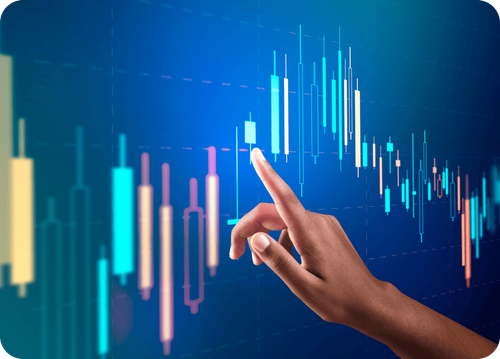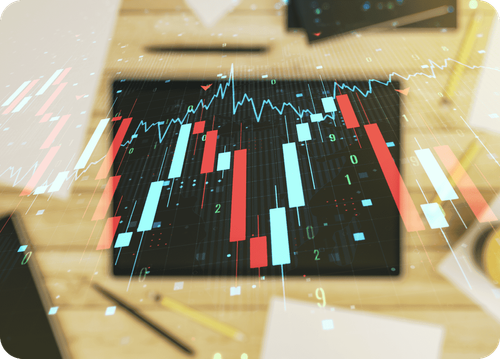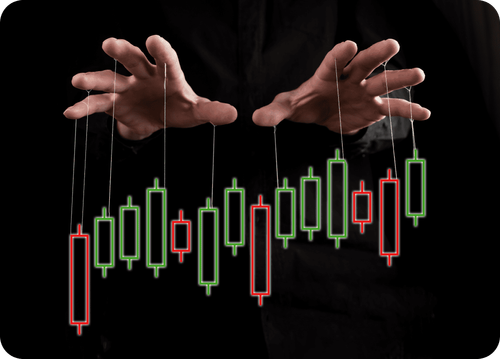Who Is A Successful Forex Trader And How To Become One?
In the realm of Forex Trading, success is the result of skill, discipline, and a keen understanding of currency markets. This guide will explore the habits of prosperous traders. Also, we'll outline the essential steps to embark on a path to success in trading, and we'll highlight some of the world's best Forex traders as well as notable figures within South Africa's community.
The Quantity of Successful Forex Traders
The exact number of successful Forex traders is challenging to pinpoint accurately. Forex Trading, like any financial market, demands a high level of skill, discipline, and dedication. While there are no precise statistics on the quantity of successful traders, it is widely recognised that only a small percentage of traders achieve consistent profitability.
Success in Forex Trading depends on a variety of factors, including market conditions, individual strategies, risk management, and the ability to adapt to changing circumstances. Therefore, the quantity of successful Forex traders can fluctuate over time.
What are the Habits of Successful Forex Traders?
Successful Forex traders often exhibit specific habits and characteristics that contribute to their achievements. These habits include:
- a) Disciplined Approach: Successful traders maintain a strict Trading Plan and adhere to it consistently. They avoid impulsive decisions and emotional reactions to market fluctuations.
- b) Continuous Learning: They have a strong commitment to ongoing education and self-improvement. Staying updated with market trends, economic indicators, and trading strategies is crucial for success.
- c) Risk Management: Effective risk management is a cornerstone of success. They carefully assess the risk associated with each trade and never risk more capital than they can afford to lose.
- d) Patience and Persistence: Successful traders understand that Forex Trading is a long-term endeavour. They exhibit patience in waiting for the right opportunities and persistence in overcoming setbacks.
- e) Adaptability: They can adapt to changing market conditions and adjust their strategies accordingly. Flexibility is essential to navigate the dynamic Forex Market.
It's important to note that these habits are not guarantees of success, but they significantly enhance a trader's chances of achieving positive results in the challenging world of Forex Trading. Success in Forex Trading ultimately requires a combination of skill, knowledge, discipline, and experience.
How to Become a Successful Forex Trader?
Becoming a successful Forex trader is an achievable goal, but it requires dedication, education, and a strategic approach. Here are the steps to help you on your journey:
- a) Education: Start by gaining a solid foundation in Forex Trading. There are numerous educational resources available, including online courses, books, and webinars. Consider enrolling in a reputable trading course or seeking guidance from a mentor.
- b) Demo Trading: Before risking real capital, practice on a demo trading account. This allows you to familiarise yourself with the trading platform, test different strategies, and build confidence without financial risk.
- c) Risk Management: Develop a robust risk management strategy. Determine how much capital you can afford to risk on each trade and set Stop Loss orders to limit potential losses. Effective risk management is critical to preserving your trading capital.
- d) Trading Plan: Create a well-defined Trading Plan that outlines your goals, trading strategies, risk tolerance, and criteria for entering and exiting trades. Stick to your plan and avoid impulsive decisions.
- e) Continuous Learning: The Forex Market is dynamic, and staying informed about market developments is essential. Stay updated with economic events, global news, and technical analysis to make informed trading decisions.
- f) Psychological Preparedness: Develop emotional resilience. Trading can be emotionally challenging, and controlling fear and greed is vital. Maintain discipline and avoid letting emotions dictate your actions.
- g) Start Small: When you transition to live trading, start with a small amount of capital that you can afford to lose. This allows you to gain experience without risking significant sums.
- h) Track and Analyse: Keep meticulous records of your trades, including entry and exit points, reasons for trading decisions, and results. Analyse your trading history to identify areas for improvement.
- i) Seek Community and Support: Join Forex Trading communities and forums to connect with other traders. Sharing experiences and insights with fellow traders can be valuable for learning and growth.
Choosing Forex Currency Pairs for Trading
Forex traders have a wide range of currency pairs to choose from. The choice should align with your trading strategy and risk tolerance. Here are some considerations when selecting Forex pairs for trading:
- a) Economic Factors: Consider the economic factors affecting the currencies in the pair. Monitor economic calendars and news releases to anticipate potential price movements.
- b) Time Zone: Be mindful of the time zones in which your chosen pairs are most active. South African traders often focus on pairs with overlap between the London and New York trading sessions for increased trading opportunities.
- c) Risk Tolerance: Your risk tolerance should play a role in pair selection. Volatile pairs may offer higher profit potential but also entail greater risk.
- d) Technical Analysis: Conduct technical analysis to identify trends, support, and resistance levels on the chosen pairs. This analysis can help inform your trading decisions.
The choice of Forex pairs should align with your trading goals, strategies, and risk management approach. Diversification and continuous analysis are key to successful pair selection in the Forex Market.
Best Forex Traders in the World
Let's evaluate some of the most successful Forex traders in the world, including their achievements and contributions to the financial industry:
George Soros
George Soros is renowned for his successful currency speculation. In 1992, he famously shorted the British pound, a trade often referred to as «Black Wednesday». This trade earned him over $1 billion and cemented his reputation as a Forex trader.
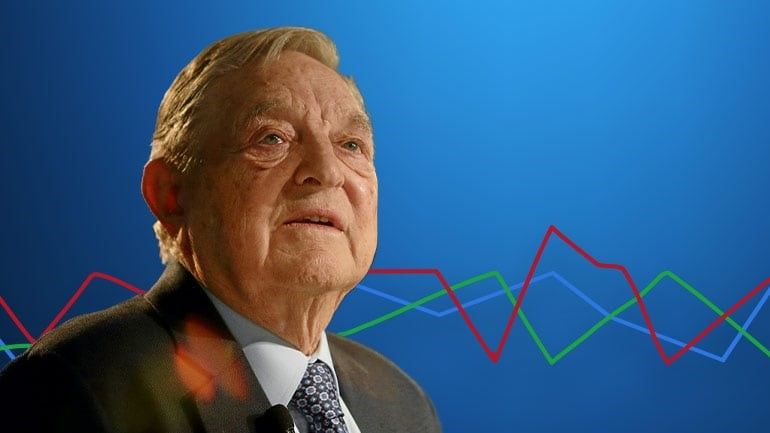
Paul Tudor Jones
Paul Tudor Jones is a highly respected hedge fund manager and trader. While he is primarily known for his expertise in futures trading, his macroeconomic approach has also been applied to Forex Markets. He gained fame for his ability to predict and profit from significant market crashes, including the 1987 stock market crash.
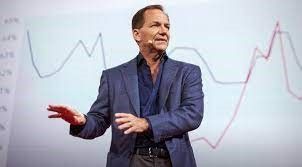
Stanley Druckenmiller
Stanley Druckenmiller is another successful hedge fund manager with a track record of success in Forex Trading. He worked closely with George Soros and played a pivotal role in the British pound trade in 1992. Druckenmiller's ability to understand and navigate currency markets contributed to his reputation as a top trader.
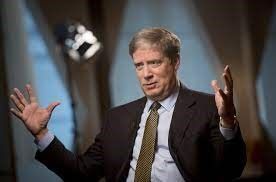
Bill Lipschutz
Bill Lipschutz is known for his success as a currency trader. He traded Forex at Salomon Brothers in the 1980s and later founded his hedge fund, Hathersage Capital Management. Lipschutz's deep understanding of Forex Markets and risk management strategies has earned him recognition in the industry.

Michael Marcus
Michael Marcus is notable for his role as one of the original «Turtle Traders», a group of traders mentored by Richard Dennis. He achieved substantial success trading currencies and commodities. His disciplined trading approach and adherence to systematic trading rules contributed to his success.
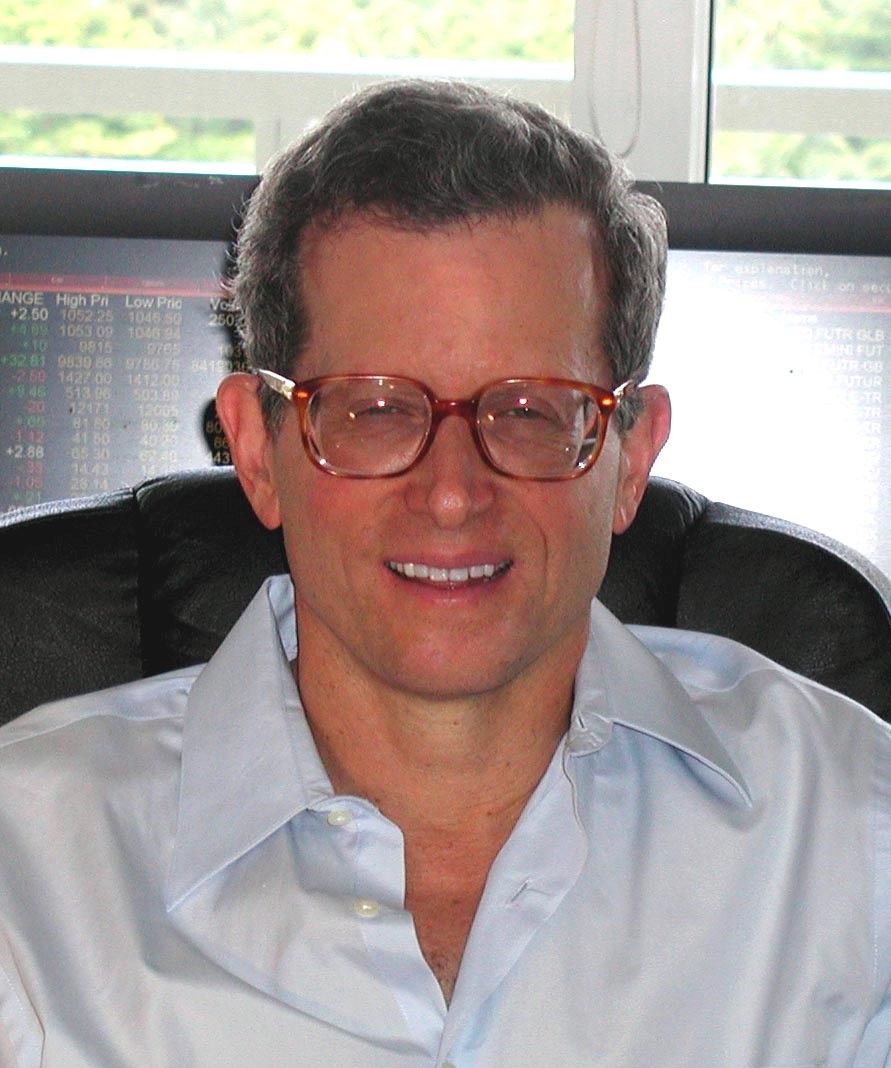
Andrew Krieger
Andrew Krieger is famous for his significant impact on the New Zealand dollar (NZD) in 1987. He shorted the NZD, which led to a massive depreciation and significant profits. Krieger's trading prowess and ability to capitalise on market imbalances earned him recognition in the Forex world.
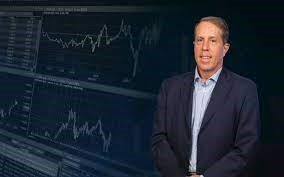
Bottom Line and Key Takeaways
Becoming a successful Forex trader is challenging but possible with the right mindset, education, and discipline. Success is not guaranteed, and losses are a part of the journey. It's essential to manage risk and continuously improve your trading skills.
Lloyd has been trading, investing and teaching about financial markets for over a decade. He has a thorough understanding of financial services provider legislation as well as investment asset classes and categories. Lloyd is a certified RE5 representative and holds a COB Investment certificate from the Moonstone Business School of Excellence.
While anyone can try Forex Trading, success requires education, discipline, and risk management.
Start by educating yourself, opening a trading account with a reputable broker, and practising on a demo account.
South African traders often focus on the overlap between the London and New York trading sessions for increased liquidity and trading opportunities.
Yes, the Financial Sector Conduct Authority (FSCA) regulates Forex brokers and trading activities in South Africa to ensure fair and transparent practices.
Read also
BCS Markets SA (Pty) Ltd. is an authorized Financial Service Provider and is regulated by the South African Financial Sector Conduct Authority (FSP No.51404). BCS Markets SA Proprietary Limited trading as BROKSTOCK.
The materials on this website (the “Site”) are intended for informational purposes only. Use of and access to the Site and the information, materials, services, and other content available on or through the Site (“Content”) are subject to the laws of South Africa.
Risk notice Margin trading in financial instruments carries a high level of risk, and may not be suitable for all users. It is essential to understand that investing in financial instruments requires extensive knowledge and significant experience in the investment field, as well as an understanding of the nature and complexity of financial instruments, and the ability to determine the volume of investment and assess the associated risks. BCS Markets SA (Pty) Ltd pays attention to the fact that quotes, charts and conversion rates, prices, analytic indicators and other data presented on this website may not correspond to quotes on trading platforms and are not necessarily real-time nor accurate. The delay of the data in relation to real-time is equal to 15 minutes but is not limited. This indicates that prices may differ from actual prices in the relevant market, and are not suitable for trading purposes. Before deciding to trade the products offered by BCS Markets SA (Pty) Ltd., a user should carefully consider his objectives, financial position, needs and level of experience. The Content is for informational purposes only and it should not construe any such information or other material as legal, tax, investment, financial, or other advice. BCS Markets SA (Pty) Ltd will not accept any liability for loss or damage as a result of reliance on the information contained within this Site including data, quotes, conversion rates, etc.
Third party content BCS Markets SA (Pty) Ltd. may provide materials produced by third parties or links to other websites. Such materials and websites are provided by third parties and are not under BCS Markets SA (Pty) Ltd.'s direct control. In exchange for using the Site, the user agrees not to hold BCS Markets SA (Pty) Ltd., its affiliates or any third party service provider liable for any possible claim for damages arising from any decision user makes based on information or other Content made available to the user through the Site.
Limitation of liability The user’s exclusive remedy for dissatisfaction with the Site and Content is to discontinue using the Site and Content. BCS Markets SA (Pty) Ltd. is not liable for any direct, indirect, incidental, consequential, special or punitive damages. Working with BCS Markets SA you are trading share CFDs. When trading CFDs on shares you do not own the underlying asset. Share CFDs are complex instruments and come with a high risk of losing money rapidly due to leverage. A high percentage of retail traders accounts lose money when trading CFDs with their provider. All rights reserved. Any use of Site materials without permission is prohibited.

